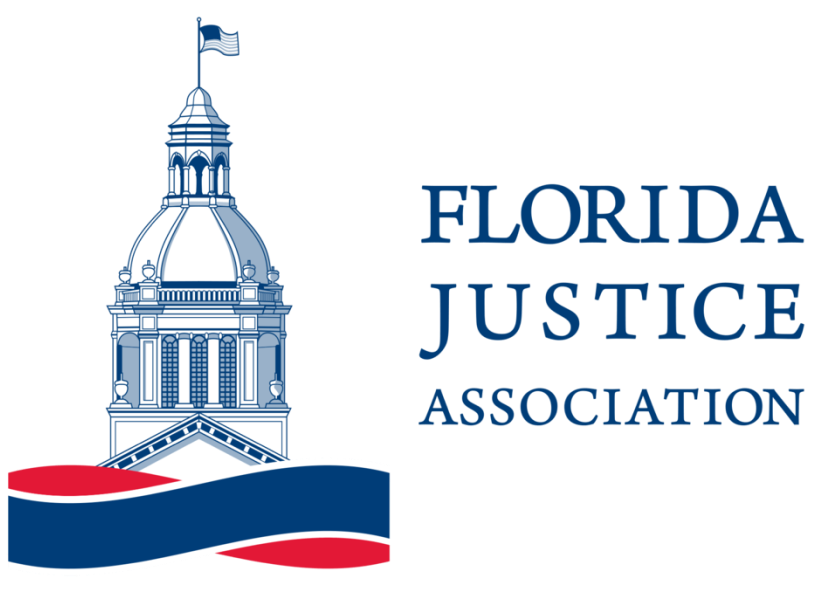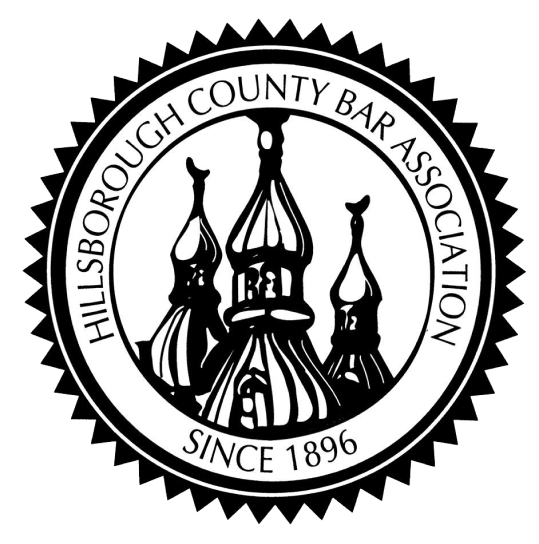
Anissa K. Morris, Esq.
amorris@spinnerlawfirm.com
WHERE THERE’S A WILL, THERE’S A SAY.
What is a Will?
A Last Will and Testament, otherwise commonly referred to as a “Will” is a legal document that spells out who will inherit your property when you die, who will manage the distribution of your estate (“Executor”), and who will take care of your minor children. A Will is a directive that aids the Court in making these very important decisions.
What if I die without a Will?
If you die without a valid will, Florida State law will dictate how your estate gets distributed. Not having a Will can cause emotional and financial pain for your surviving loved ones, especially those whom you may have wanted to help the most. Likewise, without a Will, your valuable assets may be distributed to individuals whom you do not believe need and/or deserve them. A valid Will can prevent your property from getting distributed differently that you would have wanted. Other common issues that may arise from not having a valid Will include:
- Not having a say over who becomes the legal guardian of your minor children and dependents. This may lead to your children being raised by someone you never would have chosen for such an incredibly important role.
- Unnecessary legal proceedings to determine who will be your personal representative.
- Tying up your assets in litigation while the Court determines who the heirs of your estate are.
What are the requirements for a Will in Florida?
The legal requirements for a Will in Florida are as follows:
- Must be in writing. Florida does not recognize Oral Wills.
- Must be made by a competent person. Florida law won’t consider a Will if it’s created by someone not of sound mind or is under age 18. (unless an emancipated minor)
- Doesn’t require any official terminology. Florida does not require any particular forms, or language to be valid, as long as it is properly executed.
- Must be signed by the Testator. A Testator an make any mark, symbol, letter, or initials if they intend it to be their signature.
- Must be signed in the presence of two witnesses. Witnesses must sign the Will in the presence of the Testator, and in the presence of one another.
- Can be amended or revoked. A Will can be amended or completely revoked by a subsequent Will, or Codicil, a document that provides for the modification of a Will.
I just moved to Florida; do I need a Florida Will?
Yes, and no. In Florida, a Will is legally valid if it was properly executed in another state. However, if you have an estate plan that was created pursuant to another state’s laws, you should review your estate documents after moving to Florida.
What does a Revocable Trust do?
Like a Will, a Revocable Trust contains instruction to provide for the distribution of your assets when you pass. However, unlike a Will, the Trust is not part of the public record. Instead, when you pass, your assets are distributed privately, and without the necessity of Probate. The Trust is “revocable” because you may change it anytime provided you are alive, and mentally competent.
What are the benefits of a Revocable Trust?
The main benefits of a Revocable Trust include:
- Avoidance of Probate – Your Estate is kept out of Probate, allowing your affairs to be settled more quickly, privately, and less expensively upon your passing.
- Avoidance of Federal Estate Taxes – If your Estate is taxable pursuant to the Internal Revenue Code, a Trust may offer strategies to avoid payment of unnecessary estate taxes.
- Successor Trustee – Allows your designated successor Trustee to manage your assets if you become incapacitated or die.
Protection against Court Appointed Guardianship – should you become disabled.
How does a Florida Revocable Trust Avoid Probate?
While you are alive, you and your spouse serve as the Trustees and Beneficiaries of your Trust. After you death, the named Successor Trustee distributes your Estate to the named beneficiaries, with little or no Court involvement. Probate is avoided to the extent that there is no “probate property” titled in your name when you pass.
CONTACT A FLORIDA WILLS AND TRUSTS LAWYER
If you’ve recently moved to Florida, Spinner Law Firm is here to help you review and update your estate plan. When you come to us for help, our experienced estate attorneys will ensure that your estate plan meets your unique needs and objectives. Our initial consultation is free and our professional fees are affordable and clearly disclosed at our initial consultation. Fill out the contact form or call us (813) 991-5099 today for help with your Florida Estate Plan.














